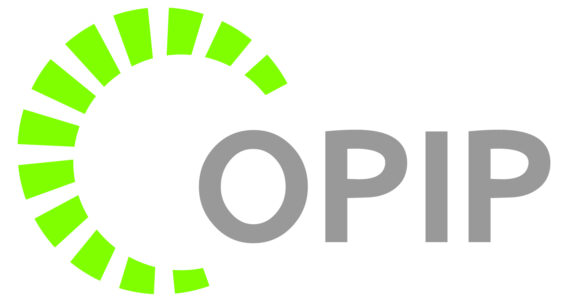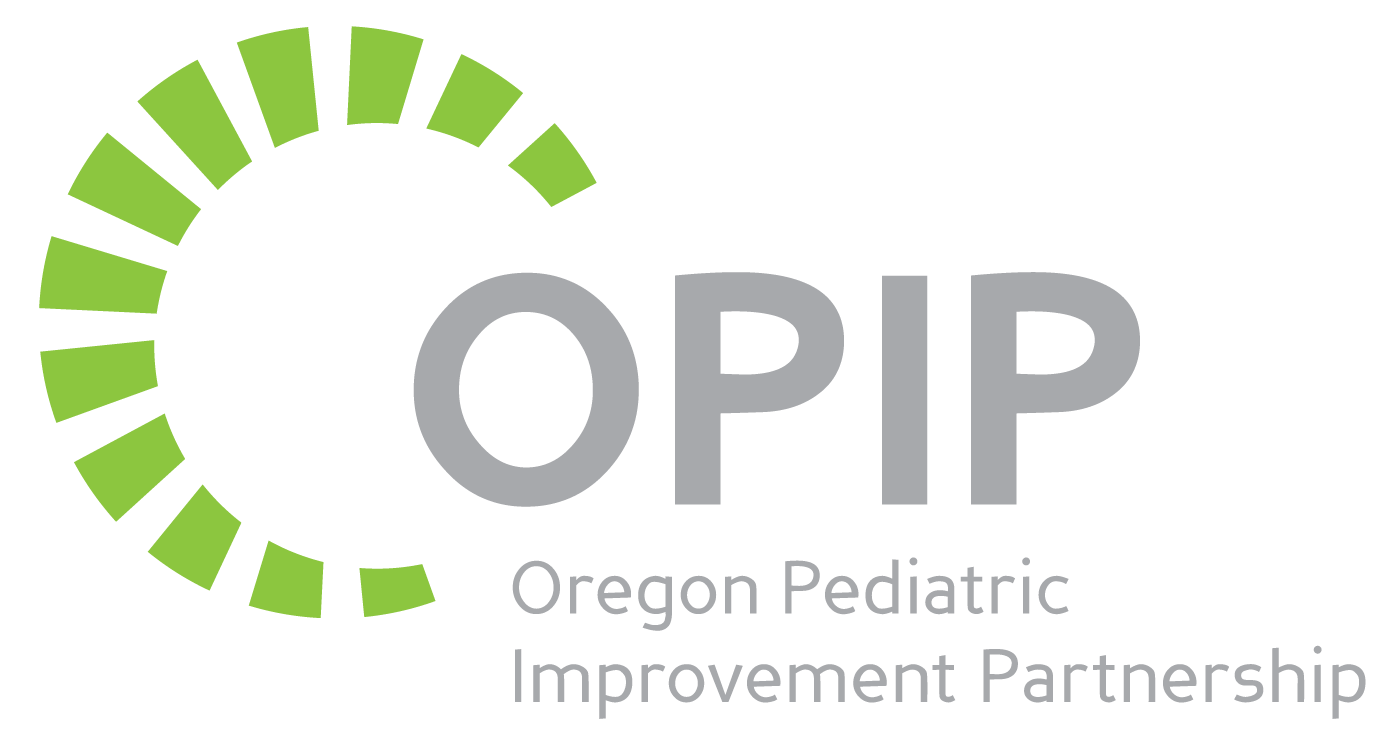Children and Youth with Special Health Care Needs (CYSHCN)
The American Academy of Pediatrics (AAP), and the Maternal and Child Health Bureau (MCHB), define Children and Youth With Special Health Care Needs (CYSHCN) as “those children who have or are at increased risk for a chronic physical, developmental, behavioral, or emotional condition and who also require health and related services of a type or amount beyond that required by children generally”.
Many of OPIP’s projects involve addressing the unique needs of CYSHCN, particularly in the Enhancing Child Health In Oregon (ECHO) Medical Home Learning Collaborative. The patient centered medical home is at the center of reform to better meet the needs of CYSHCN. OPIP’s efforts in this area include provider education and technical assistance, informing policy and systems improvement, and working with pediatric primary care practices on quality improvement projects to better identify and coordinate care for CYSHCN and their families.
Identification of CYSHCN
The initial focus of our ECHO Learning Collaborative was using standardized and non-condition-specific methods for identifying CYSHCN. We have worked with practices to implement sustainable systems, through small tests of change, using The CSHCN Screener© developed by the Child and Adolescent Health Measurement Initiative (CAHMI). This screener is a five item, parent-reported tool, and is designed to reflect the federal Maternal and Child Health Bureau’s consequences-based definition of CYSHCN. It identifies children across a very wide range of conditions and needs, and allows for a comprehensive assessment of what they require of their healthcare system.
Care Coordination for CYSHCN
Once a practice can identify CYSHCN, they begin the work of providing the enhanced services that are needed by this important population. Work in this area involves applying complexity scales to determine needs and allocate resources, referral tracking and management, coordinating with other providers, shared care plans including self-management support, population management, and much more. Many practices are moving toward the use of a care coordinator that helps to facilitate this important work within the practice. As this is a relatively new area of work, practices are engaged in implementing small tests of change (Plan, Do, Study, Act cycles) to pilot and spread innovations in their practice. Click here to learn more about OPIP’s involvement with Care Coordination.

